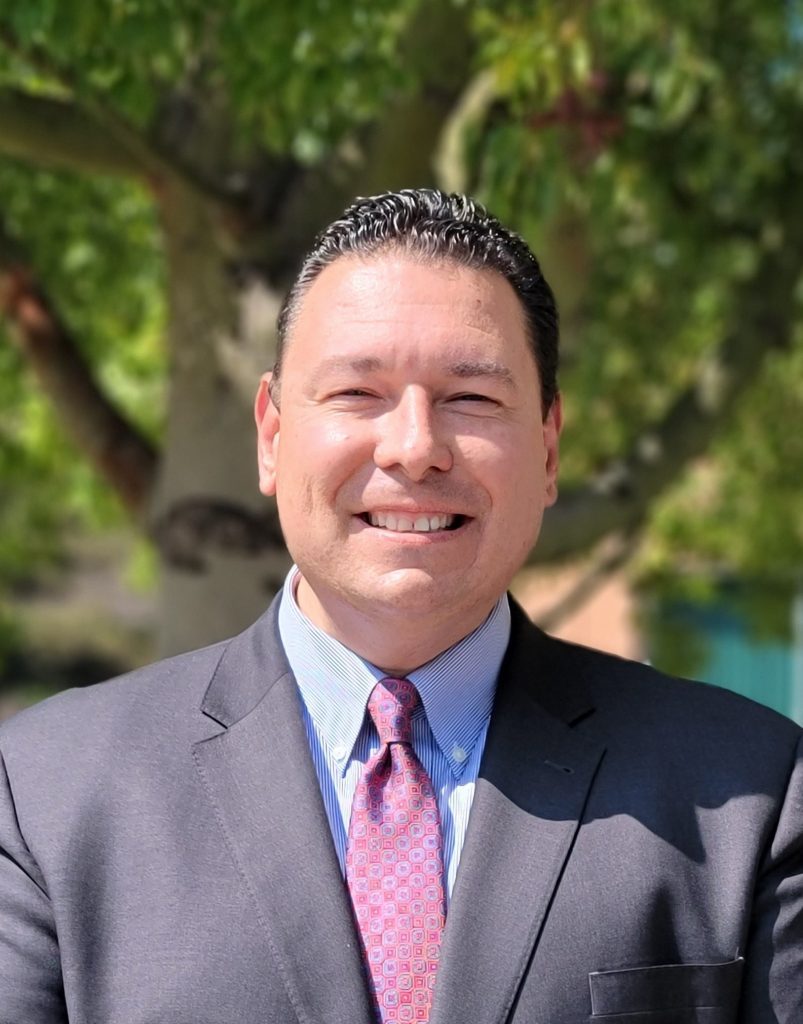As the school year begins for many college students in Los Angeles, new data from Bank of America reveals that 63 percent of college students had their summer or post-graduate plans change due to the pandemic — and for 50 percent of college students, that included moving home or near home. While some first-time college students last year started their college experiences at home, many will get to enjoy their first on-campus experiences this year and are hopeful for the year ahead. With this newfound independence also comes financial responsibility.
According to the recent study, college students’ biggest financial fears are debt and an inability to pay bills. While financial independence requires time and practice, there are tips parents can share with their college-age children to help them find stable financial footing. Here are four ways college students can begin tackling the test of money management and chart a path toward a healthy financial future:
Make a financial checklist. One way to get on track is by making a financial checklist. It can include creating a budget and spending strategy, such as opening a savings account or checking in with a financial advisor to discuss planning a solid financial future. Taking the time now to develop strong budgeting habits can become lifelong financial skills.
Establish a budget. Only 45 percent of college students practice budgeting, despite the 57 percent who consider themselves financially independent, according to the Bank of America survey. Budgeting is a critically important skill to help plan, save and address financial anxiety – not to mention the first step to achieving financial stability. Keep it simple to start: track your spending and separate into wants and needs categories to identify places to save.
Start thinking about credit. Establishing good credit takes time, so it’s best to begin building credit during young adulthood. Our survey found only 15 percent of college students review their credit report and/or FICO score. Being aware and practicing good credit card habits can help pave the way for major purchases and life event moments, since credit impacts future living arrangements, the ability to purchase a car and even employment opportunities.
Save automatically. Especially for those with summer jobs or internships, use the summer to boost your savings. The Bank of America survey found 61 percent of students already practice saving, but only 20 percent do so automatically. Automatic savings tools can help you keep consistent and even save while you spend.
We hope these valuable tips will help guide Los Angeles parents and their students as they embark on this new phase of independence and start their higher education at esteemed local colleges in the region. Bank of America’s website and its Better Money Habits online resource provide a number of tools and tips to help students plan and achieve their financial goals. As students attend school, having healthy financial habits can make all the difference in their money management path and preparation for the future.
Joseph R. Santos is a Los Angeles consumer bank executive for Bank of America.
Get The Fun Delivered
Right to Your Inbox!
Right to Your Inbox!


























